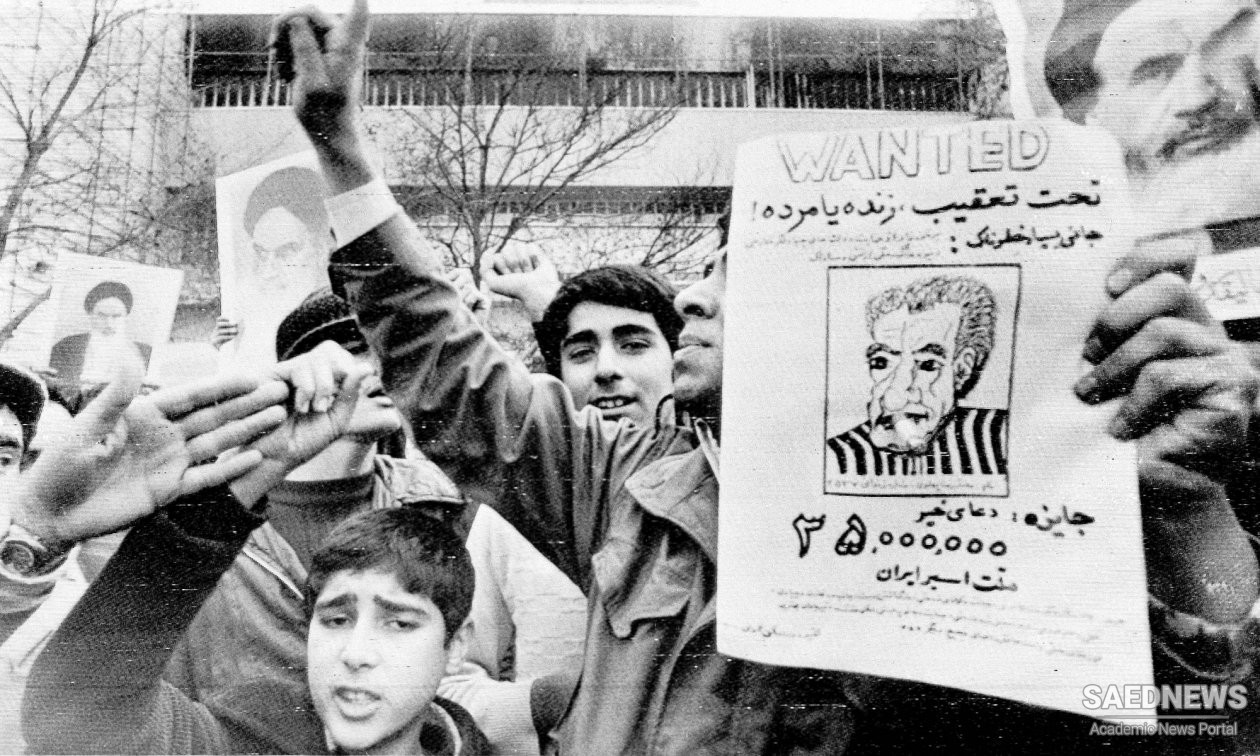The executive power has special significance in the execution of laws and ordinances of Islam and in achieving just relations in society. The executive power also plays a vital role toward the ultimate goal of life and must usher in a new Islamic society. Therefore, any complicated system that would delay the achievement of such a goal or impede its attainment will be rejected by Islam. Therefore, bureaucratic systems, which are born out of autocratic governments, will be severely rejected so that the executive system can function more speedily and efficiently in the fulfillment of its administrative duties.
The mass-communication media (radio, television), in the developmental process of the Islamic Revolution, must be utilized in the service of disseminating Islamic culture. Against this background, it must benefit from the altercations among sound ideas and must assiduously refrain from propagating and spreading destructive and anti-Islamic attributes. It is the responsibility of everybody to abide by the principles of this law, that considers the freedom and dignity of humankind to be its highest objective and facilitates the growth and development of man. It is necessary that the Muslim community actively participate in the construction of the Islamic society by electing competent and devout administrators and by continuously supervising their work. This is in anticipation of success in building the model Islamic society (iswa) which can become a blueprint and a witness for all the people of the world. This is in accordance with the Qur’anic verse “Thus have We made of you an ummah justly balanced, that ye might be witnesses over the nations” (2: 143).
The Council of Experts, consisting of the representatives of the people, completed the task of writing the constitution based on the evaluation of the draft proposed by the government, as well as all the suggestions that came from different groups of people. The constitution, which consists of twelve chapters, and 175 articles, is completed in accordance with the aforementioned motives and objectives, at the dawn of the fifteenth century, after the migration of the Noble Prophet (Peace and blessing be upon him and his family) the founder of the liberating ideology of Islam. The constitution is written with the hope that this will be the century of the universal rule of the oppressed and the defeat of all the oppressors.


 Islamic Republic and Formation of World Resistance Front against Great Satan
Islamic Republic and Formation of World Resistance Front against Great Satan














































